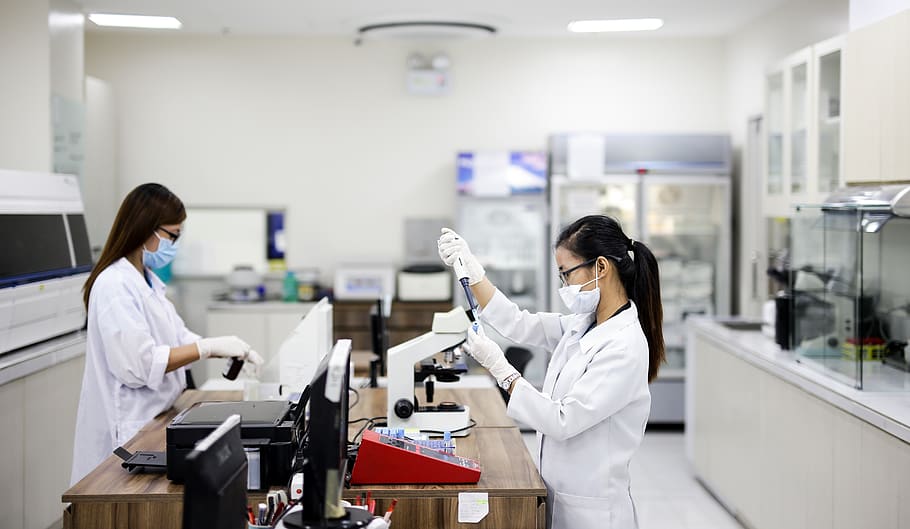Professors of almost any ilk wouldn’t walk into the first day of class without syllabus approval from their department dean or provost. You also wouldn’t build a house without a plan to acquire all of the documentation required to obtain a certificate of occupancy.
In precisely the same way, your new medical technology or device cannot enter stages of research or clinical trials in humans without certain authorizations required by regulatory agencies responsible for safety and efficacy. As far as those regulatory bodies are concerned, the path to clinical trials in humans is the same whether it’s research or commercial driven. Failing to walk that regulated path – one with deep roots in the U.S. Code of Federal Regulations – can have very real consequences.
Some experienced clinical researchers may dangerously assume that their request for clinical research support for a new medical technology or device has already met product development and regulatory standards.
When your research or innovation has reached the end of its discovery phase, ‘clinical research’ is likely many, many steps away. The end of lab research and discovery is the beginning of the product development process in a regulated industry. It is the responsibility of an institution’s internal review board to protect the institution, and the innovator or researcher to help satisfy rigorous regulatory requirements for new medical devices or technologies.
Join GCMI Director of Product Development Mike Fisher, Georgia Tech Coulter Department of Biomedical Engineering Professor and Patsy and Alan Dorris Chair in Pediatric Technology, Dr. Scott Hollister and Manager, Human Protections Program and Research Regulatory Affairs Children’s Healthcare of Atlanta Meredith Capasse as they walk through the required steps and, more importantly, why they’re required for academic researchers and innovators with ideas or technologies that could improve healthcare provision, save or improve lives.
What attendees will learn
- What does the IRB want to know and why when you’ve reached the end of discovery and want to push a project forward?
- What is a design history file and why does it matter?
- What does ‘manufacturer of record mean’ and why does it matter?
- What does a capital efficient medical device design and development process that gives a new technology the best chance of entering the patient care realm look like?
About GCMI
An affiliate of the Georgia Institute of Technology, the Global Center for Medical Innovation (GCMI) helps verify, validate and accelerate commercialization of new medical technologies that save lives and improve patient care. From our Northyards and 14th Street facilities in midtown Atlanta, we help find the finish line for medtech innovations at any point on the pathway from bench to bedside. Principal investigators, faculty and student projects served include:
- Dr. Andres Garcia
- Dr. Scott Hollister
- Dr. Omer Inan
- Coulter Foundation
- Over 20 additional GT faculty members
Who do we help?
We help individual clinician innovators, start up companies, engineers and scientists with university supported technologies, large and small medical technology customers including industry partners and health systems. Our milestone driven process helps ensure our customers’ ideas achieve a capital efficient path to market from IP, market assessment, design, prototyping, testing and training.
